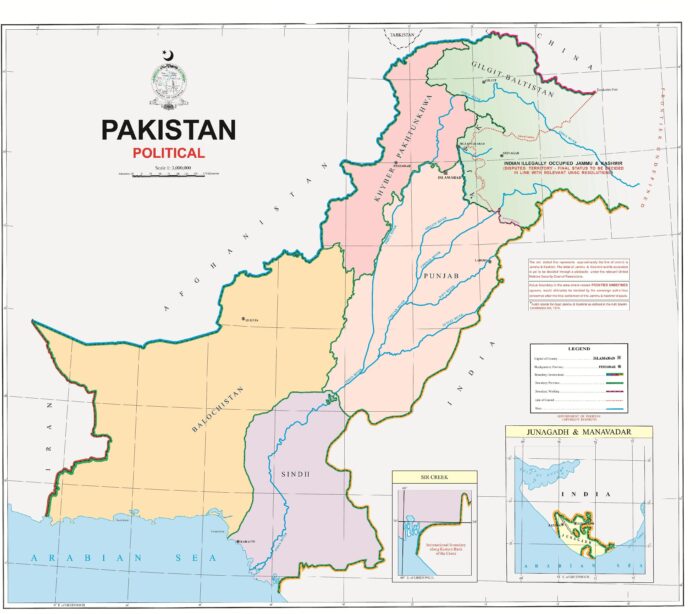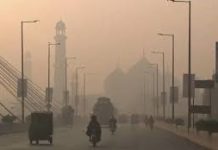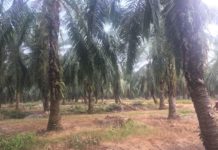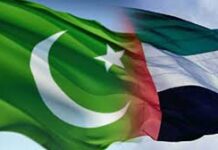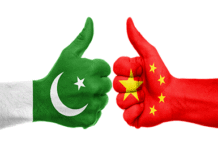Monitoring Desk
Prime Minister Imran Khan on Tuesday unveiled a “new political map” of Pakistan that also included the Occupied Kashmir as its part.
The premier’s announcement came a day ahead of the first anniversary of India’s controversial unilateral decision to revoke the region ‘s semi-autonomy.
In a televised address to the nation, alongside Foreign Minister Shah Mehmood Qureshi, the premier said that it would now be the “official map” after being approved by the federal cabinet, which had met earlier today, and would be the one used in schools and colleges.
The map clearly identifies occupied Kashmir as a “disputed territory” and states that the final status will be decided in line with the relevant United Nations Security Council (UNSC) resolutions.
The map rejects the illegal steps taken by India on August 5 last year, he said, adding that the federal cabinet and the country’s political leadership had supported it.
Imran Khan said that the Kashmir issue could only be solved by following the UNSC resolutions which give the Kashmiri people the right to self-determination.
“Their right to self-determination, given to them by the world community, has still not been given. And we clearly want to say to the world that it is the only solution,” he said, adding that the government will keep making efforts in this regard.
“We will do political struggle, we don’t believe in military solutions. We will remind the UN again and again that you had made a promise [to the people of Kashmir] which you did not fulfill.”
Presenting the changes made in the map, the foreign minister said that administrative maps have been introduced before, but this was the first time that a map reflected the aspirations of the people.
He added that the map clearly showed occupied Kashmir as a disputed territory and the only solution to the issue would be through the UNSC resolutions and as per the aspirations of the people.
The foreign minister added that it had also been made clear that Siachen is a part of Pakistan. “[Through the map] we are challenging their illegal occupation and claiming our right to the area,” he said.
He maintained that Pakistan had also rejected India’s claims about Sir Creek in the map. “We have said that our border is towards the eastern bank; India had claimed that it goes towards the west,” he said, adding that by doing so, India was trying to capture several acres of the country’s “exclusive economic zone”.
Further, erstwhile Fata has been shown as part of Khyber Pakhtunkhwa province, he said.
Qureshi said that the entire nation was united on the country’s new political map. The federal cabinet, the Kashmiri leadership and Pakistan’s political leadership has endorsed the government’s move, he said.
“This gives a clear message to the people of Kashmir, that the government of Pakistan was with them in the past and will stand with them in the future.”
“Our destination is Srinagar,” he said, adding that this was a “historic day”.
In the map, Jammu and Kashmir in its entirety, including Gilgit-Baltistan, has been shown in one distinct colour, the Foreign Office said.
Further, the Line of Control (LoC) has been marked with red dotted line. “The red dotted line represents approximately the LoC in Jammu and Kashmir. The state of Jammu and Kashmir and its accession is yet to be decided through plebiscite under the relevant UNSC resolutions,” the map reads.
The map also contains an annotation for the area on the map marked “frontier undefined”. “Actual boundary in the area […] would ultimately be decided by the sovereign authorities concerned after the settlement of the Jammu and Kashmir dispute.”
Pakistan is the second country in the South Asia that has issued new political map after Nepal. The map issued by Nepal on May 20 included the Indian-occupied areas of Kalapani, Lipulekh and Limpiyadhura,


